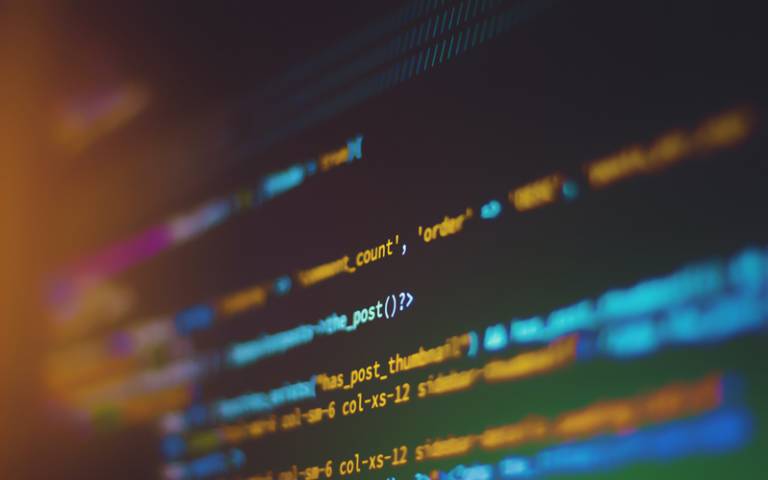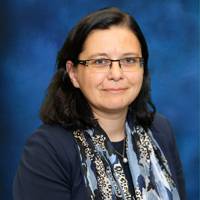VIRTUAL EVENT: Framing artificial intelligence futures: implications for higher education
28 April 2021, 12:00 pm–2:00 pm

This webinar will outline implications of artificial intelligence (AI) for higher education and will present research findings on how AI, its benefits and related concerns are framed in policy documents.
This event is free.
Event Information
Open to
- All
Availability
- Yes
Cost
- Free
Organiser
-
Centre for Higher Education Studies (CHES)
AI is perceived as one of the most revolutionary technologies of our times. It is increasingly affecting many sectors including higher education.
AI is associated with considerable economic and social benefits as well as major concerns including those related to its effects on jobs, welfare state and democracy.
This talk will present research findings on how AI, its benefits and related concerns are framed in policy documents launched by the government and stakeholders in the UK, other countries and international organisations.
It will outline implications of AI for higher education such as changes in job markets, the need for multidisciplinary research and education, AI literacy, AI talent race as well as the use of AI and robots at universities.
CHES research events
CHES research events provide a forum for academic debate, policy analysis and practice insight in higher education, supporting the exchange of theories, methods and data across social sciences.
Links
- Watch the webinar | slides: Framing Artificial Intelligence Futures: Implications for Higher Education (pdf)
- CHES research events
- Centre for Higher Education Studies (CHES)
- Department of Education, Practice and Society
Image: Shahadat Rahman via Unsplash
About the Speaker
Dr Inga Ulnicane
Research Fellow at De Montfort University

Her scientific publications and commissioned reports focus on topics such as research and innovation policies, artificial intelligence, higher education, international research collaboration, grand societal challenges, research infrastructures, and dual use.
She has previously worked at the University of Vienna (Austria), the University of Twente (Netherlands), the University of Latvia and Latvian Academy of Sciences, and has been visiting scientist at the University of Manchester (UK) and Georgia Institute of Technology (US).
More about Dr Inga UlnicaneOther events in this series
 Close
Close

